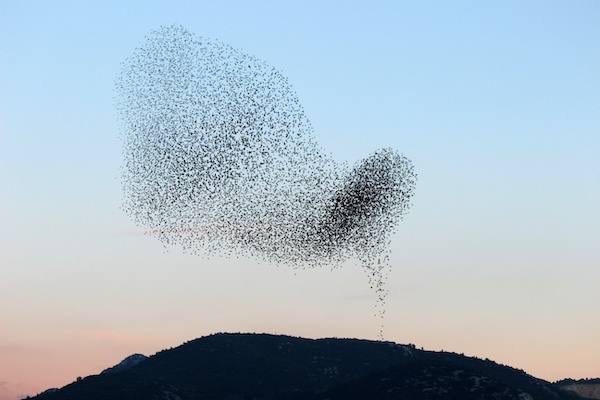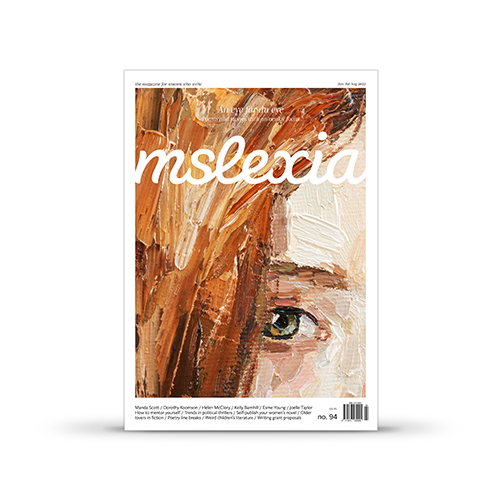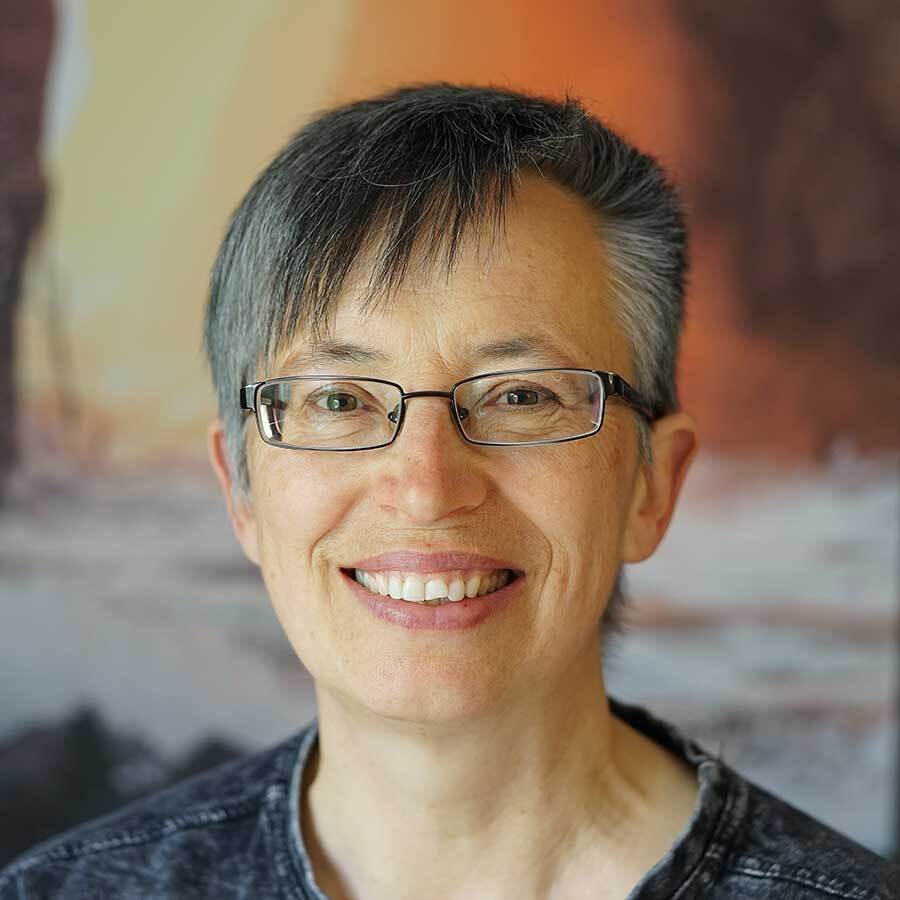
Manda Scott is a founder member of the ‘Thrutopian Writers Association’, who are dedicated to imagining ways ‘thru’ from the current climate and environmental crisis to a sustainable and planet-friendly future – and embodying those transformative pathways in their creative work. Her lead article setting out the thrutopian vision is in Issue 94 of Mslexia. Here she describes how she applied the thrutopian challenge to her latest novel Any Human Power, which comes out on 30 May 2024.
I'm assuming everyone who reads this is aware of the meta-crisis that is currently unfolding on our beloved planet. I believe that writers have an important role to play in turning humanity back from the brink and towards something better.
I can’t claim ownership of this idea: Ursula le Guin and Amitav Ghosh were both here first. Le Guin pointed that the divine right of kings once seemed unassailable, yet was eventually resisted and changed by human agency. And often the impetus to this resistance and change comes from art, particularly writing.
In a similar vein, Ghosh says that while future generations will – and should – blame politicians and bureaucrats for the climate catastrophe, they will – and should – also blame artists and writers on the grounds that it’s our job to imagine a better way of doing things.
I would argue that if politicians and bureaucrats could imagine a better way, they wouldn’t be in their current jobs – because the system is designed to perpetuate itself and those who operate the levers of power have neither the bandwidth nor the creativity to imagine a different system.
So it’s up to us: we who write. It is what we’re here for. And it’s beyond urgent. It seems to me that a single sentence not devoted to imaging a different way of being is a sentence wasted.
What, then, should be our strategy as writers?
Conjuring dystopias is not the answer. Demonstrating really clearly just how bad things are going to be if people don’t mend their ways doesn’t work. It never has, and there’s a world of neurophysiological work that explains why.
Utopian narratives might seem a better option, but descriptions of a more sustainable and equitable future fail to provide practical routes and remedies to take us from where we are to where we need to be.
What we need are stories that both paint the light at the end of the tunnel and offer routes through from exactly where we are now towards a future we’d be proud to be part of achieving. These narratives are Thrutopias.
That’s the challenge I faced when I began writing my novel Any Human Power. I started with a question: what might trigger a worldwide movement powerful enough to change the current political, economic and social system?
This question immediately spawned others. Could my characters create social media platforms that would bridge divides instead of entrenching them? How might the people I was coming to cherish stay one step ahead of the surveillance state and avoid demonising its agents? How would they create a new type of politics that brings power to those with wisdom and wisdom to those with power? Crucially, how do they (we) do all of this peacefully?
If all we’ve got is a printing press and the power of our minds, how do we make these work so that the rivers run clean and the hedgehogs/water voles/curlews (insert your favourite threatened species here) don’t teeter on the brink of extinction?
If I’m honest, I would not have had the first clue how to answer these cascading questions if I hadn’t been running the Accidental Gods podcast since the first months of lockdown in 2020. For over four years I’ve been talking to people with radical ideas who are putting them into practice, who can demonstrate that a better future is not beyond our collective reach.
But stitching together a bunch of podcast conversations does not a novel make. It certainly doesn’t make a thriller, and I like the dynamic nature of a thriller’s arc – it keeps me aiming straight for the political heart of the action. My novel begins with a tweet sent by a young girl.
This tweet did actually exist in real life, very briefly. It was sent by the 12-year-old daughter of a public figure in the UK, and it lasted about 30 minutes before being taken down, one assumes by the adults around her. She pointed out that all the erotica she was seeing online was violent, and wouldn’t it be good if someone didn’t always get strangled at the end?
I was horrified by her revelation, and furious that instead of letting it stand, and using it as a jumping-off point for change, the adults in the room decided to delete it. So the heart of my novel explores what might happen if a family pulled together in support of its youngest member, who I called Kaitlyn. What follows is political upheaval, and while the version of 2023 in which it is anchored is not quite the one we know, it’s pretty darned close.
The book’s not out until 30 May, but I gave my first reading a couple of weeks ago, choosing a soliloquy in which my 14-year-old keyboard warrior speaks her truth about where we’re at and where we need to go.
It was my first public reading from the novel, so it wasn’t as polished as I’d have liked, but you could have heard the audience change its mind in the silence after. And when people came up to talk to me afterwards, it was to ask how what actual real-world things they could do now.
This is what makes the eight rounds of edits worth it. It’s what makes the prospect of writing the sequel slightly less daunting.
No, I’m lying. It’s utterly terrifying, and a large part of me wants to spend my days walking the hills, playing with the dog, and generally pretending the world can go on as it was. But it can’t. If I’ve learned anything, it’s that the world we grew up with is gone and we need to imagine something completely different. This is our job.
We’re not politicians or bureaucrats; we’re the map-makers of the future, throwing out ghost-lines across the landscapes of tomorrow, hoping that enough people will walk them to turn them into real, solid-state paths that will be the launch pads for more and better and ideas. If writing another book helps make this happen, it’ll have been worth all the missed walks. Please remind me of this in the summer...
MANDA SCOTT studied veterinary surgery, worked in a specialist equine clinic, and taught at Cambridge and Dublin universities before turning to writing. Her many novels include her debut crime trilogy, the first of which was shortlisted for the Orange Prize; her standalone thriller No Good Deed, which was nominated for an Edgar Award; her bestselling four-book Boudica: Dreaming series depicting life in Britain before Roman occupation; her four-book Rome thriller series set in the ancient world, feature the spy Sebastos Pantera. Her 2024 novel Any Human Power is a political thriller, described by Lee Child as ‘instantly immersive and compelling, rich and strange, human and humane’.


